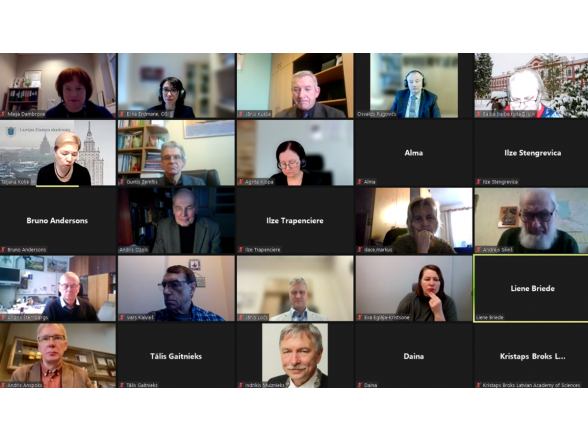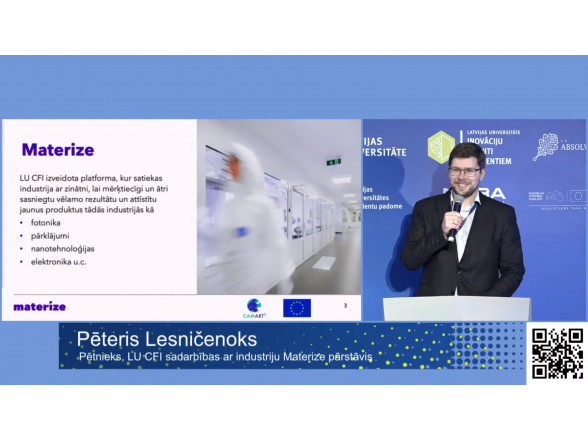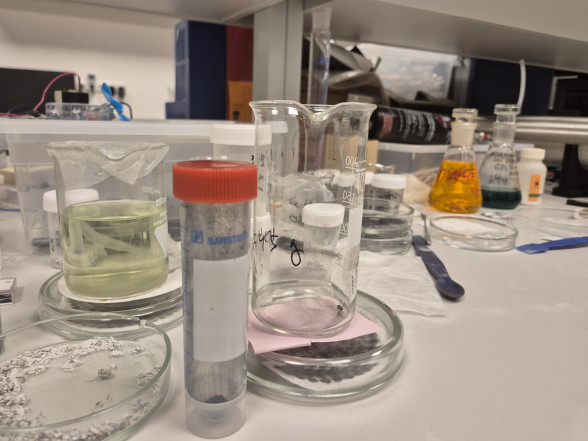In a recent online panel discussion focused on shaping the perspective of the Latvian scientific community, a distinguished group of experts and officials gathered to deliberate on crucial strategies for advancing Latvia’s presence in the European and global scientific landscape.
Guided by the esteemed Latvian Academy of Sciences (LAS) Senate members and key figures from the Ministry of Education and Science, including deputy state secretary and scientific advisor Jānis Paiders and advisor of the Ministry of Education and Science in Brussels Aleksandrs Mārtiņš Blūms, the discussion delved into pressing topics such as the Horizon Europe program and the formulation of the new Framework Program. The diverse expertise brought to the table by representatives from Riga Stradiņš University, Riga Technical University, Institute of Solid State Physics, University of Latvia, and Latvian Institute of Organic Synthesis underscored the robustness of the discussion.
Standing out among the participants was LAS academician Andris Šternbergs, the ISSP UL’s deputy director for science. With unwavering conviction, Šternbergs emphasized the importance of establishing a solid reputation to effectively engage with the broader scientific community at the European and global levels.
Šternbergs voiced his support for continuing the Widening program within the new Framework Program, stressing the necessity for Latvian researchers to showcase their capabilities as equal partners on the international stage. Emphasizing the significance of robust infrastructure and well-defined career paths for researchers, Šternbergs highlighted the vital role of EraNet projects and COST actions in fostering collaborative initiatives and setting the groundwork for successful partnerships under the Widening program.
Šternbergs, drawing from his experience as a Teaming project implementer, proposed a forward-thinking approach. His encouragement for consortia to consider expanding their partnerships beyond initially selected European collaborators and his advocacy for the inclusion of partners from developed third countries like South Korea and Japan envision a more inclusive and globally interconnected scientific community, sparking hope for the future of Latvian science.
The press release of the Latvian Institute of Organic Synthesis in Latvian



